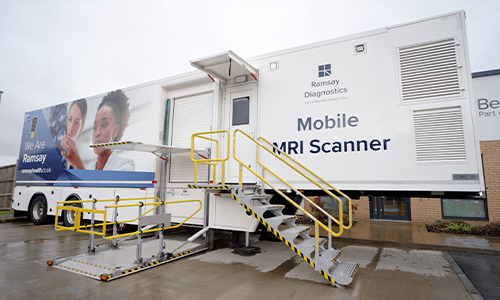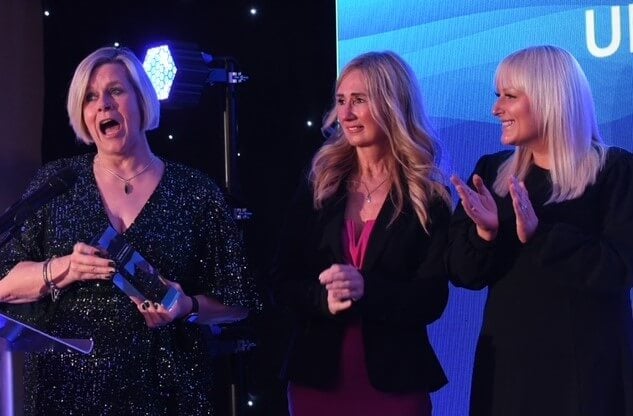
Search by region

Beacon Park Hospital
Midlands, Stafford
Beacon Business Park, Brereton Way, Stafford ST18 0XF 0178 589 0160 Book Online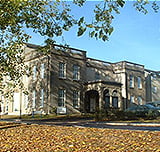
Berkshire Independent Hospital
Reading, Berkshire
Swallows Croft, Wensley Road, Reading RG1 6UZ 0118 402 2855 Book Online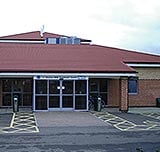
Boston West Hospital
Midlands, Boston
West Business Park, Sleaford Road, Boston PE21 8EG 0120 533 0118 Book Online
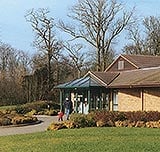
Fitzwilliam Hospital
South Bretton, Peterborough
Milton Way, South Bretton, Peterborough, Cambridgeshire PE3 9AQ 01733308238 Book Online
New Hall Hospital
Salisbury, Wiltshire
Bodenham, Salisbury, Wiltshire SP5 4EW 01722 442 301 Book Online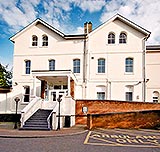
North Downs Hospital
Caterham, Surrey
46 Tupwood lane, Caterham, Surrey CR3 6DP 01883776939 Book Online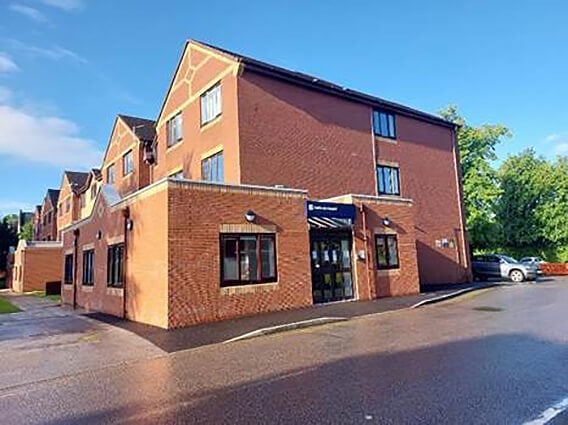
Oaklands Hospital
Salford, Greater Manchester
19 Lancaster Road, Salford, Greater Manchester M6 8AQ 01612 410 136 Book Online
Oaks Hospital
Colchester, Essex
120 Mile End Road, Colchester, Essex CO4 5XR 01206 987669 Book Online
Renacres Hospital
Ormskirk, Lancashire
Renacres Lane, Ormskirk, Lancashire L39 8SE 01704 335 398 Book Online
Rivers Hospital
Sawbridgeworth, Hertfordshire
High Wych Road, Sawbridgeworth, Hertfordshire CM21 0HH 01279 212952 Book Online
Rowley Hall Hospital
Stafford, Staffordshire
Rowley Park, Stafford, Staffordshire ST17 9AQ 01785332898 Book Online
Springfield Hospital
Chelmsford, Essex
Lawn Lane, Springfield, Chelmsford, Essex CM1 7GU 01245 200307 Book Online
Stourside Hospital
Stourbridge, West Midlands
60 Bradley Road, Stourbridge DY8 1UX 01384 500 806 Book Online
Tees Valley Hospital
Middlesbrough, Cleveland
Church Lane, Acklam, Middlesbrough TS5 7DX 01642 929 409 Book Online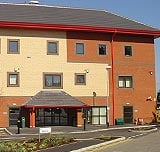
The Cherwell Hospital
Banbury, Oxfordshire
Oxford Road, Banbury, Oxfordshire OX16 9FG 0129 523 0340 Book Online
West Midlands Hospital
Halesowen, West Midlands
Colman Hill, Halesowen, West Midlands B63 2AH 01384880174 Book Online
Woodland Hospital
Kettering, Northamptonshire
Rothwell Road, Kettering, Northamptonshire NN16 8XF 01536 210019 Book Online
